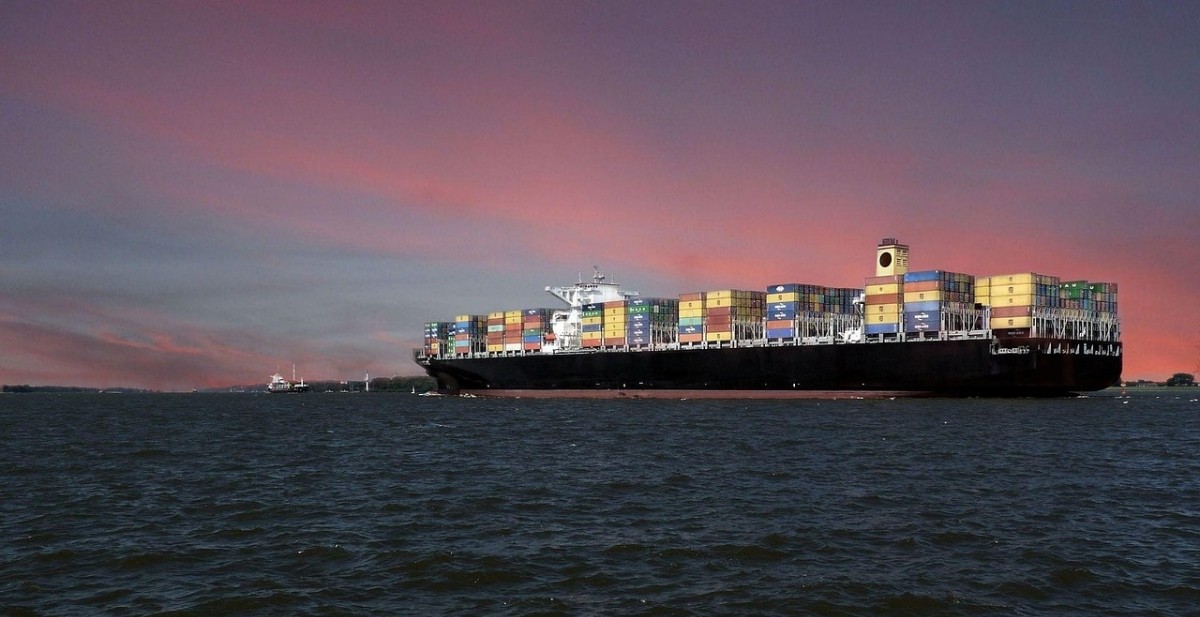Global trade headwinds reflected in weakening volumes

Recession fears taunt trade, UNCTAD warns
By Carly Fields
International markets in 2025 have been characterised by pervasive uncertainty and significant pressure, reshaping prospects for trade, commodities, and finance, according to the latest analysis from UN Trade and Development (UNCTAD).
The Trade and Development Foresights 2025 report paints a picture of global markets grappling with the lingering effects of recent shocks, tightening financial conditions, geopolitical fragmentation, and a complex policy environment. As the report states, this creates "a challenging outlook, particularly for developing economies vulnerable to external shocks and shifting global currents."
A central theme emerging from the analysis of international markets is the dampening effect of heightened uncertainty.
This uncertainty stems from multiple sources: unpredictable inflationary trends and the corresponding monetary policy responses across major economies, ongoing geopolitical tensions disrupting established trade routes and relationships, and growing concerns about the potential for further economic slowdown.
The UNCTAD report emphasises this, noting, "Pervasive uncertainty, driven by geopolitical shifts and macroeconomic volatility, continues to cast a long shadow over international market stability and investment decisions." This environment makes long-term investment planning difficult for businesses and contributes to volatility across various market segments. Firms hesitate to commit capital when the future direction of demand, input costs, and regulatory frameworks remains unclear.
Trade under pressure
International trade flows, a critical barometer of global economic health, are reflecting these pressures. While recovering somewhat from the sharp pandemic-induced disruptions, the growth momentum in global merchandise trade appears to be moderating significantly.
UNCTAD's analysis suggests that the slowdown in global manufacturing output, coupled with shifts in consumer spending, is weighing on demand. "While global merchandise trade volumes have shown some recovery," the report says, "the momentum is clearly decelerating, reflecting both slowing global demand and the disruptive effects of increasingly fragmented trade policies."
Furthermore, the report highlights the increasing impact of trade policy interventions, including protectionist measures and subsidies, which are altering competitive dynamics. The drive towards regionalisation or "friend-shoring" of supply chains, while potentially enhancing resilience for some, also risks "reducing overall efficiency and increasing costs, further complicating the trade outlook”, according to the analysis. Trade in services, while showing some resilience, is not immune to the broader economic slowdown.
Commodity markets, at the sharp end of geopolitical and economic shifts, remain a focal point of concern.
Energy markets continue to be influenced by supply-side constraints, geopolitical risks, and the ongoing energy transition. Food commodity markets also remain under pressure. Although global food prices have eased somewhat from record highs, UNCTAD warns that "concerns about affordability, accessibility, and supply chain vulnerabilities persist, particularly in low-income countries heavily reliant on food imports”. Factors such as adverse weather events linked to climate change, export restrictions, and high input costs continue to pose risks.
Markets for industrial metals and minerals are caught between slowing industrial demand and expectations of strong long-term demand driven by the green transition. The report notes: "Commodity markets remain susceptible to sharp price swings, with energy security, food affordability, and access to critical minerals for the green transition representing key areas of concern."
UNCTAD points to several indicators that support its pessimistic reading. “First, uncertainty over trade policy already skyrocketed in early 2025 after the United States started to unveil its intentions to raise tariffs vis-à-vis its main trading partners.
“Second, new export orders from purchasing managers’ indices of key exporting countries have moved below the neutral point of 50 per cent.
“Third, between early January and late March 2025, the Comprehensive Shanghai Export Containerized Freight Index, an important barometer of international shipping and trade dynamics, declined by 40 per cent, dropping to close to its pre-pandemic level, a period when world merchandise trade had been markedly subdued.
“Fourth, during the first quarter of 2025, weekly updates of the UNCTAD Trade Nowcasts for merchandise trade have continually been revised downward as new sets of data have been published. Fifth, escalating trade tensions threaten development progress, particularly for the most vulnerable economies (UNCTAD, 2025c), with real negative effects on businesses already unfolding.”
Financing concerns
Financial markets are mirroring the broader economic uncertainty, characterised by heightened volatility and tighter conditions. The era of ultra-low interest rates has decisively ended in most major economies.
This tightening cycle has increased borrowing costs globally, including for shipping-related financing.
UNCTAD points to the significant challenges this poses for developing countries, saying: "The rapid tightening of global financial conditions poses acute risks for developing countries, exacerbating debt sustainability challenges and constraining the fiscal space needed for investment in development priorities." Rising interest rates in developed economies can also trigger capital outflows from emerging markets. Currency fluctuations add another layer of complexity. The underlying pressures suggest a continued period of caution and potential stress.
The report underscores the interconnectedness of these market trends. Slowing trade affects demand for commodities. Volatile commodity prices impact inflation and terms of trade. Tightening financial conditions can dampen investment. "This interplay creates complex feedback loops," the report says, "that can amplify shocks and make effective policymaking more challenging."
Navigating this environment requires careful consideration by policymakers. UNCTAD implicitly cautions against uncoordinated policy actions, particularly sharp monetary tightening. The report highlights the need for a balanced approach.
Furthermore, the analysis stresses the importance of international co-operation as "unilateral actions and uncoordinated policy responses risk deepening the global slowdown and undermining progress towards sustainable development." The trend towards fragmentation runs counter to the co-operation needed.
The international market outlook for 2025, as detailed in UNCTAD's foresights report, is one defined by significant headwinds and pervasive uncertainty. Trade flows are moderating, commodity markets remain volatile, and financial conditions have tightened considerably, posing risks particularly for indebted nations.